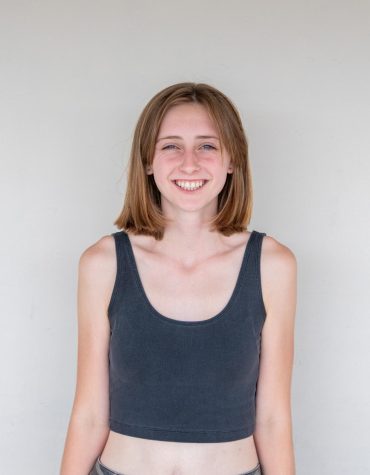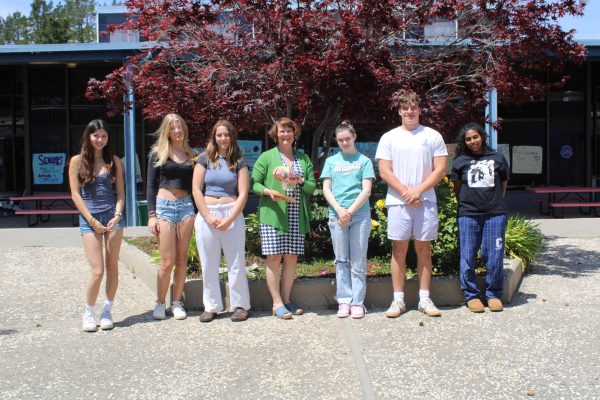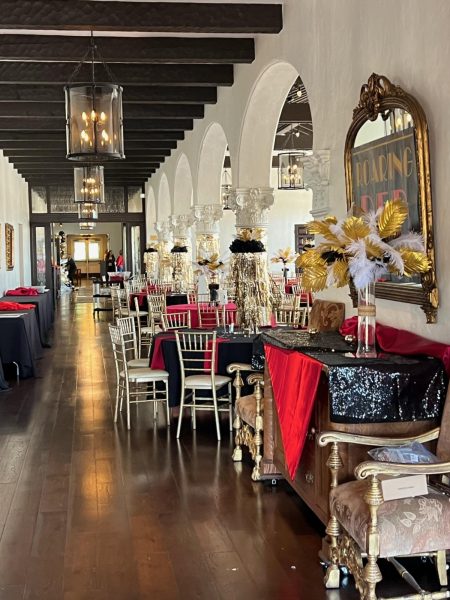Paleoclimatologist Discusses Research in Lunch Livestream
Campolindo graduate Dr. Julia Kelson spoke on her 1st Facebook Livestream, “Lunch with a Scientist, ” where she talked about her job as a paleoclimatologist (the study of historical climates) on September 22.
Dr. Julia Kelson credited Campolindo for the way her career path was shaped. While she didn’t take Geology because her mother, science teacher Jane Kelson, taught the class, Dr. Julia Kelson said, “I did learn how to write and think critically at Campo. Those are skills that served me well through college, graduate school, and now as a scientist.”
Having grown up with parents in the geological field, Dr. Julia Kelson said, “Can you really ever separate the yolk from the white once you’ve whisked the egg? They never forced geology upon me, but there was always discussion of earthquakes, etc. in our household.”
Jane Kelson said that her daughter “has always liked being outside,” whether it was hiking, skiing, or biking. She added, “I feel really fortunate that I can continue to learn about earth and climate sciences from Julia. She will probably tell you that I am continually asking her questions as I strive to stay abreast of new developments in earth and climate sciences.”
The Livestream event featured Dr. Julia Kelson’s new research where she discovered that isotopes, which are variants of a chemical element found in soil, can inform scientists about past climates. With climate change on the rise, paleoclimatologists like Dr. Julia Kelson look to past climates in order to compare them to the current climate. However, because the world has changed so much, it can be challenging to find evidence of past climates.
Luckily, Dr. Julia Kelson “realized the connection between [paleoclimatology and geochemistry].” Originally, she thought she would study rivers in Tibet. “I got swindled into becoming a geochemist when I took a paleoclimate class, and geochemistry is one of the best tools that we have to study paleoclimate. I thought soils were boring at first, then I realized that they are a good record of climate, which is not boring.”
Dr. Julia Kelson added that her inspiration is “the idea that [she is] studying a system that is not man-made; a system where people are just blips.”
Sophomore Abbey Inzeo, who watched the Livestream, said, “I thought it was really interesting how [Kelson] tracks the changes in the Earth’s climate through [isotopes to see] aridity and evaporation [levels].”
Inzeo added, “I think it’s awesome how she went to Campo and [became] a prominent scientist.”
Your donation will support the student journalists of Campolindo High School's The Claw. Your contribution will allow us to produce more issues and cover our annual website hosting costs.

Senior Maggie Doolittle has been a Girl Scout since kindergarten, racking up a total of 11 years in her troop. "I have continued [Girl Scouts] because...



